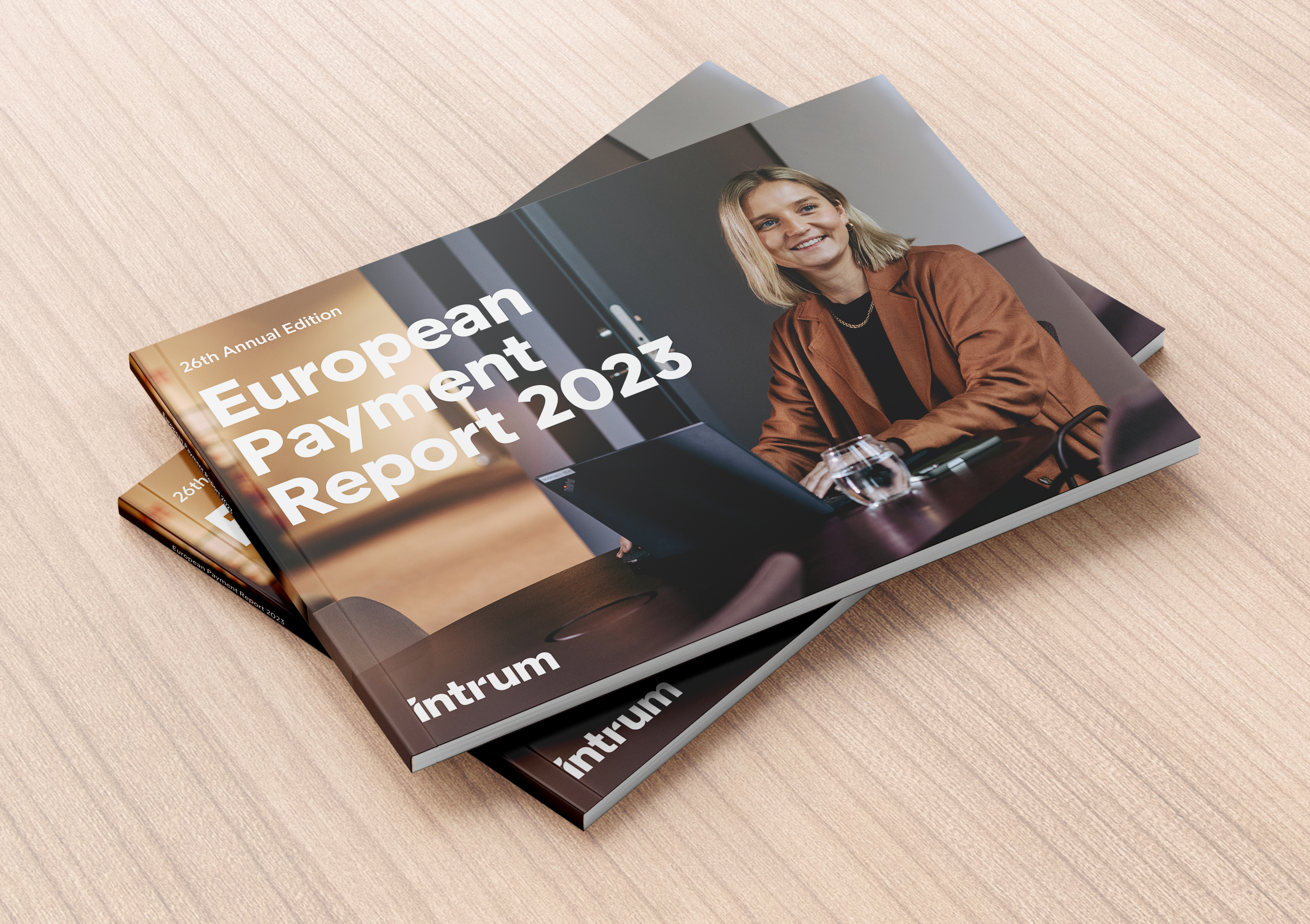A word from the CEO: Europe’s €275bn problem
Intrum's President and CEO, Andrés Rubio, shares his reflections on the results from our latest publication - the European Payment Report 2023.
A quarter of a trillion euros is a sum that most people find difficult to imagine. It exceeds the gross domestic product of European economies like Finland and Portugal. It is enough money to employ a workforce of more than 200,000 people for their entire working lives. (1)
Instead, businesses in Europe spend roughly this same amount of money each year on chasing late payments from their customers.
Intrum’s latest European Payment Report – which draws on a survey of 10,556 executives across 29 countries, along with in-depth interviews with senior leaders – finds understandable reasons for this extraordinary waste.
Firstly, businesses in today’s high-inflationary economy are determined to secure their cash flows. Most executives expect soaring prices and higher borrowing costs to hit their revenues this year, which is causing them to postpone initiatives that would otherwise make the business stronger. Correspondingly, almost nine in 10 say their employees are pushing for larger-than-usual pay rises or are likely to do so in the coming months.
Secondly, companies are being asked to accept longer and longer payment terms from their customers. In turn, they end up paying their own suppliers later than they would ever accept themselves, creating a vicious circle.
The time that businesses spend chasing late invoices and negotiating payment terms soon adds up. According to our survey data, the average European business spends around 10-and-a-half hours each week chasing customers for payment. This works out at approximately 74 days a year, each of which could otherwise have been dedicated to growing the business. Moreover, if we extrapolate the cost of salaries across Europe’s 30 million businesses – assuming they pay an average of EUR 17 an hour (2) – we arrive at the rough figure of EUR 275bn.
Our research this year does also provide some good news. Despite the pressures that businesses face in the challenging macro environment, they have not lost their commitment to environmental, social, and governance (ESG) initiatives. Six in 10 executives say they have even stepped up their efforts to become more sustainable over the past 12 months. At the same time, most have not given up on growth and say they are learning valuable lessons from the downturn, which will put them in a strong position for when conditions improve.
At Intrum, we are dedicated to helping our clients receive prompt payment for their products and services, without putting their relationships with customers at risk or spending an unsustainable amount of time chasing payments. We help businesses grow through solutions that improve their cashflows and long-term profitability but are sensitive to the challenges that their own customers may be experiencing.
We hope you find our insights useful and would be delighted to discuss them with you in more detail.
Andrés Rubio, Chief Executive Officer Intrum

1) Assumes an average salary of €32,345 over an average working life of 36 years, calculated using OECD and EC data
2) Figure based on Intrum survey findings extrapolated using OECD and EC data on working hours and average salaries across European economies. Please be aware that this is a rough estimate, calculated using 2021 data, which was the most recent available at time of writing